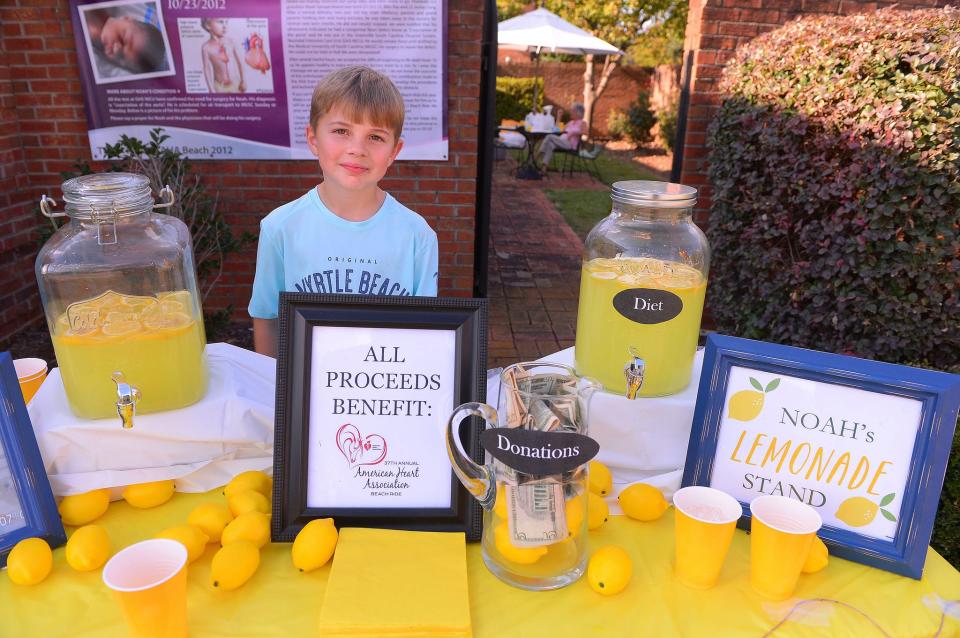No time to waste: Cardiovascular research key to more holiday seasons for more Savannahians
This is an op-ed by Ricky Molina, chair of the American Heart Association’s Executive Leadership Team for the Southern Coast. He works as the Savannah-area CEO of Encompass Health.
Cardiovascular diseases are largely preventable, and yet they are the leading cause of death in the United States each year. Especially worrisome is that Black Americans are 30% more likely to die from heart disease than non-Hispanic whites, and the prevalence of high blood pressure in Black Americans is the highest in the entire world. The need for additional funding for heart and stroke-related research is very clear.
The American Heart Association (AHA) funds more scientific research to address cardiovascular diseases and strokes than any other non-profit organization next to the federal government. Even still, hundreds of millions of dollars in research goes unfunded annually due to a lack of available dollars.
Medical director: As breast cancer awareness month ends, advocate for your own health
Any of these research projects could have resulted in a significant breakthrough in treating heart disease or stroke. These diseases rob people of time with their loved ones, and we don’t have time to waste.

The American Heart Association’s research funding has touched the lives of every heart and stroke patient treated in the U.S. and has led to evidence-based treatment guidelines used by health-care providers in every corner of the nation and around the world.
Since 1949, the American Heart Association has funded more than $4.9 billion in research. That research has included 14 Nobel Prize winners and has led to important medical breakthroughs such as techniques and standards for CPR, the first artificial heart value, implantable pacemakers, cholesterol inhibitors, heart transplant capacities, microsurgery and drug-coated stents, just to name a few.
In fact, anyone who has ever received CPR, a pacemaker, a drug-eluting stent, clot busting or cholesterol medication has benefited directly from the impact of AHA’s research funding. This funding benefits every local community, including our own right here in the Coastal Empire and Lowcountry.
Heart disease causes approximately one out of every four deaths in the U.S. and is the leading cause of death in the state of Georgia. Close to 600 people die from heart disease each year in Chatham County.
More medical issue reporting: Health experts talk vaccines for children ages 5-11
The AHA is currently managing 71 active research awards in Georgia alone, totaling $14.8 million. Through the AHA’s community of networks, researchers are working to find solutions more quickly, and the discovery of new medicines and procedures to save and improve lives is accelerating.
As new discoveries are found, they are shared with medical professionals right here in our local community, so that the most advanced information and treatments can be applied to the care given to us and those we love. We need to help ensure that this important research does not go unfunded, leaving the next big, life-saving discovery to be shelved for another year.

Even throughout the past couple of challenging years with the ongoing global COVID-19 pandemic, heart disease still remains the No. 1 killer of loved ones. We know that our support of the AHA’s research can help ensure that families enjoy more years, more holidays, and more precious moments together.
Imagine a world where everyone who battles heart disease and stroke is given the gift of time. The time to act for our loved ones, friends and colleagues is now. During this season of giving, please consider a life-saving donation today. Visit bit.ly/SAVhasHeart for more information or to donate online.
This article originally appeared on Savannah Morning News: Cardiovascular diseases are leading cause of death in Georgia

